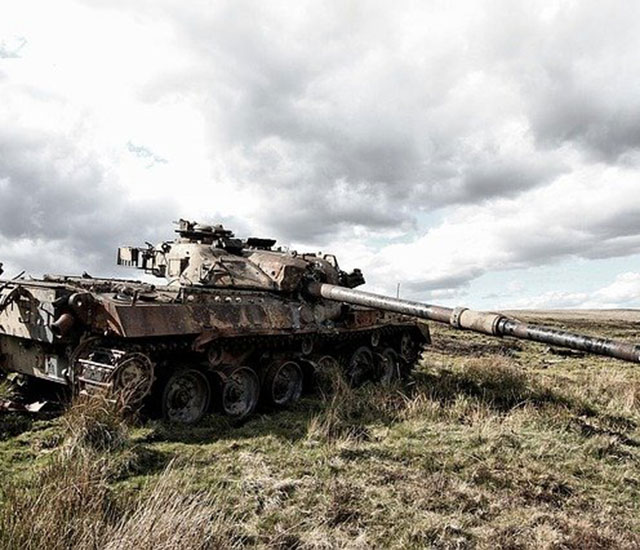Lome – Three women among the 49 Ivorian soldiers held since July in Mali accused of being mercenaries have been released, Malian, Ivorian and Togolese officials said on Saturday.
Talks are underway for the release of the other soldiers, said Togolese Foreign Minister Robert Dussey.
“I would like to announce that the President of the transition, President Assimi Goita of Mali, has agreed… to proceed with the release of some prisoners,” Dussey told reporters in Togo’s capital Lome.
He was speaking alongside Mali’s foreign minister, Abdoulaye Diop, and Ivory Coast’s cabinet director, Fidele Sarassoro.
The three Ivorian soldiers were present in uniform.
ALSO READ | Ivory Coast says freeing detained troops in Mali ‘could take time’
“Discussions are underway to ensure that the other soldiers in detention can very quickly regain their full freedom”, Dussey added.
Togolese President Faure Gnassingbe has been acting as a mediator in the dispute that sparked a diplomatic crisis between military-ruled Mali and its West African neighbour.
Ivory Coast “deplores the fact that shortcomings and misunderstandings were at the origin of this highly regrettable event”, Sarassoro said at the news conference.
His country, “anxious to maintain good neighbourly relations with Mali, undertakes to respect the procedures of the United Nations as well as the new Malian rules and provisions enacted concerning the deployment of military forces in Mali”, he added.
A statement from Mali’s Public prosecutor Samba Sissoko Saturday said that the magistrate in charge of the case had approved a request for the release of the three soldiers and the dropping of charges against them.
Long list of charges
The soldiers were arrested after their arrival at Bamako airport on July 10.
Ivory Coast says they were unfairly detained after being sent to provide backup for the UN peacekeeping mission in Mali, MINUSMA. They say their role within the mission was “well-known to the Malian authorities”.
Mali’s government however says they were detained after landing on a special flight without supporting documents and has described them as mercenaries.
A day after the detention of the troops, MINUSMA spokesman Olivier Salgado backed Ivory Coast’s position, but the peacekeeping mission later acknowledged there had been “dysfunctions” in deploying the Ivorian troops.
ALSO READ | Mali orders foreign forces out of airport base after Ivory Coast dispute
The ruling junta expelled Salgado from the country for having published “unacceptable information” on the affair.
It also suspended rotations of UN peacekeeping troops, although they have since resumed.
In mid-August, Malian prosecutors filed charges against all 49 soldiers.
Public prosecutor Sissoko on August 15 said the charges comprised “criminal association, attacking and plotting against the government, harming state external security, holding, carrying and transporting combat weapons and complicity in these crimes”.
But negotiations continued, according to diplomatic sources, and Saturday’s announcement appears to be the first concrete result from those talks.
Talks continuing
Diplomats close to the talks have said that Mali has also been demanding that Ivory Coast acknowledge its responsibility in the affair and express its regrets for the deployment of the soldiers.
Bamako also wanted Abidjan to hand over people who have been on its territory since 2013 who are wanted in Mali, said the sources in mid-August.
The junta has accused Ivory Coast of encouraging regional partners to impose harsh sanctions on Mali that were lifted in July.
ALSO READ | Togo mediates in Mali, Ivory Coast soldiers dispute
Mali has been dominated by the military since an August 2020 coup ousted elected leader Ibrahim Boubacar Keita following mass protests over the handling of a long-running and bloody jihadist insurgency.
MINUSMA is one of the forces in the Sahel state to help it fight rebels linked with al-Qaeda and the Islamic State group, which began their operations in 2012 and have spread their influence across northern and central Mali.
Follow African Insider on Facebook, Twitter and Instagram
Picture: Pixabay
Source: AFP
For more African news, visit Africaninsider.com


